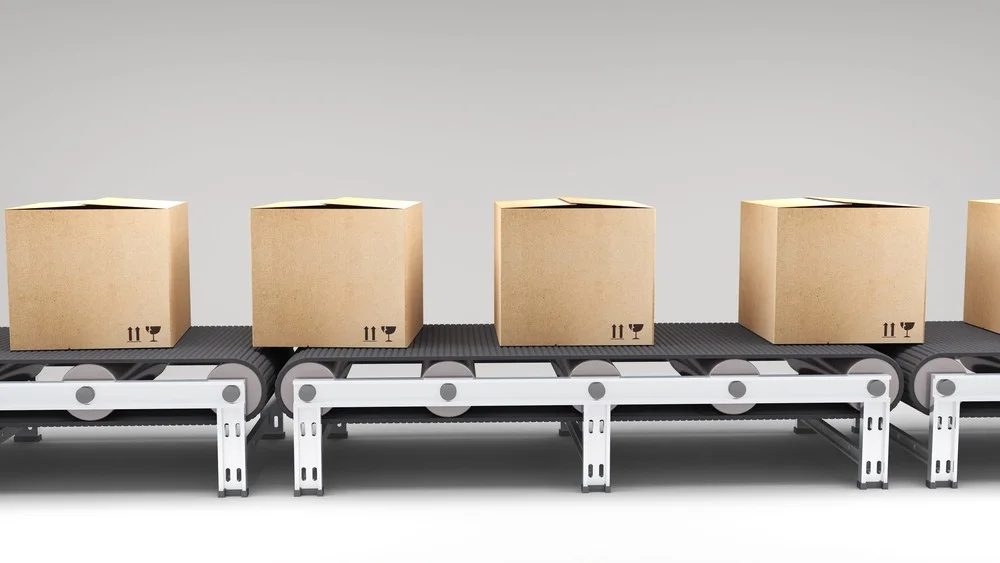Why Blockchain As A Service Solutions Aren’t Blockchains
The news that IBM and Walmart are using blockchain to track food seems like a win for the larger blockchain initiative. I had friends and family sending me recent articles about the Food Trust platform, saying, “Hey, isn’t this what you do?”
More awareness is certainly a good thing, there’s no doubt about it.
Food safety is so very important in our increasingly globalized and networked supply chains. I mean, come on, folks are dying after eating a BLT sandwich with tainted romaine lettuce. Packaged food is no safer, as we saw after 100 Salmonella infections in 33 states tied to Kellog’s cereal.
But as the co-founder of a company working towards establishing an industry-run, decentralized blockchain solution, the Walmart and IBM blockchain is a joke. No one should own the supply chain or set up a blockchain as a service (BaaS) platform.
I have nothing against large companies, but a centralized solution goes against the ethos of blockchain. The service is being marketed as an ecosystem, but it’s not.
It’s a centralized product — buying it is just like buying a cloud service.
It’s not beneficial for the blockchain space if companies are lightly throwing around terms like “solution,” “protocol,” or “ecosystem.” The last thing the industry needs is for meaningful terms to become overused, malleable buzzwords that are defined according to the needs of a company.
Creating a true blockchain ecosystem requires companies to rethink the structure of their businesses and their business models. It’s not the easiest way to implement these solutions, but it will have the most value in the long run.
Here’s why the centralized approach lacks the same impact:
A true blockchain ecosystem is a decentralized network governed by nodes.
The BaaS approach several companies are taking is fundamentally at oddswith the ethos of decentralization. They’re marketing, building, and selling blockchain as if it’s a platform or a solution. They’re using the word “ecosystem” to describe what they’re building, but they’re not operating the technology in a way that gives life to that term.
If companies want to create an ecosystem, they have to spend time figuring out who belongs in the network and then bring everyone together to participate and collaborate on the challenges of governance.
Instead, companies are taking the approach of owning and managing the blockchain themselves.
It’s very clear when a business is running a centralized platform, using blockchain as a buzzword. It’s a top-down approach, in which the company becomes the gatekeeper who controls the nodes and the services on the network.
As a purist, I think anything that requires human governance to be at odds with the concept of decentralization. I also believe that permissioned networks fundamentally challenge the concept of what it means to be a blockchain but hey, we aren’t there yet.
The blockchain industry may still be young, but I don’t think it’s fair or accurate to call something an ecosystem when it’s controlled by one company.
No one group should own the operations.
A truly decentralized network isn’t practical, no matter the industry.
There has to be an entity that facilitates the network and brings participants together. Yet larger companies are using that line of reasoning to create an entirely centralized platform.
The beauty of blockchain is that it’s possible to create intra-industry use cases that have previously evaded the participants. But the only way to do that is through ecosystem building and industry-wide participation.
For instance, take a look at what IBM and Walmart did earlier in the year when they tracked mangoes through the supply chain. That point-to-point routing was a great use of the technology, and it wouldn’t have been possible without a blockchain solution. The issue here isn’t necessarily whether or not the two companies are using blockchain for valid solutions — it’s how they’re executing and implementing those solutions.
As massive companies, they’re going to influence the future of blockchain adoption. So, it’s important for them to be working towards solutions that provide long-term value to the companies that use them.
It’s difficult to broaden and become decentralized if a blockchain network begins in a very centralized manner.
There’s no doubt the relationship between IBM and Walmart will affect how other companies build their networks. There was always going to be a degree of centralization in this space because some people simply won’t be able to let go of the way they’ve always done things.
Still, this isn’t the best way for the industry to move forward, because it sets a standard some businesses may decide to fall in line with. Once that happens, they’ll never get past the point of centralization.
Other companies are trying to tackle these issues in the right way, facilitating decentralized networks by offering tools to allow industry ecosystems to form. The goal should be to bring parties together and offer them a way to participate and contribute to the formation and governance of the network.
Only when everyone has a voice can the solutions that truly change an industry be built.
Thanks for reading!
Follow me on Twitter and Quora for more insights on blockchain technology.

